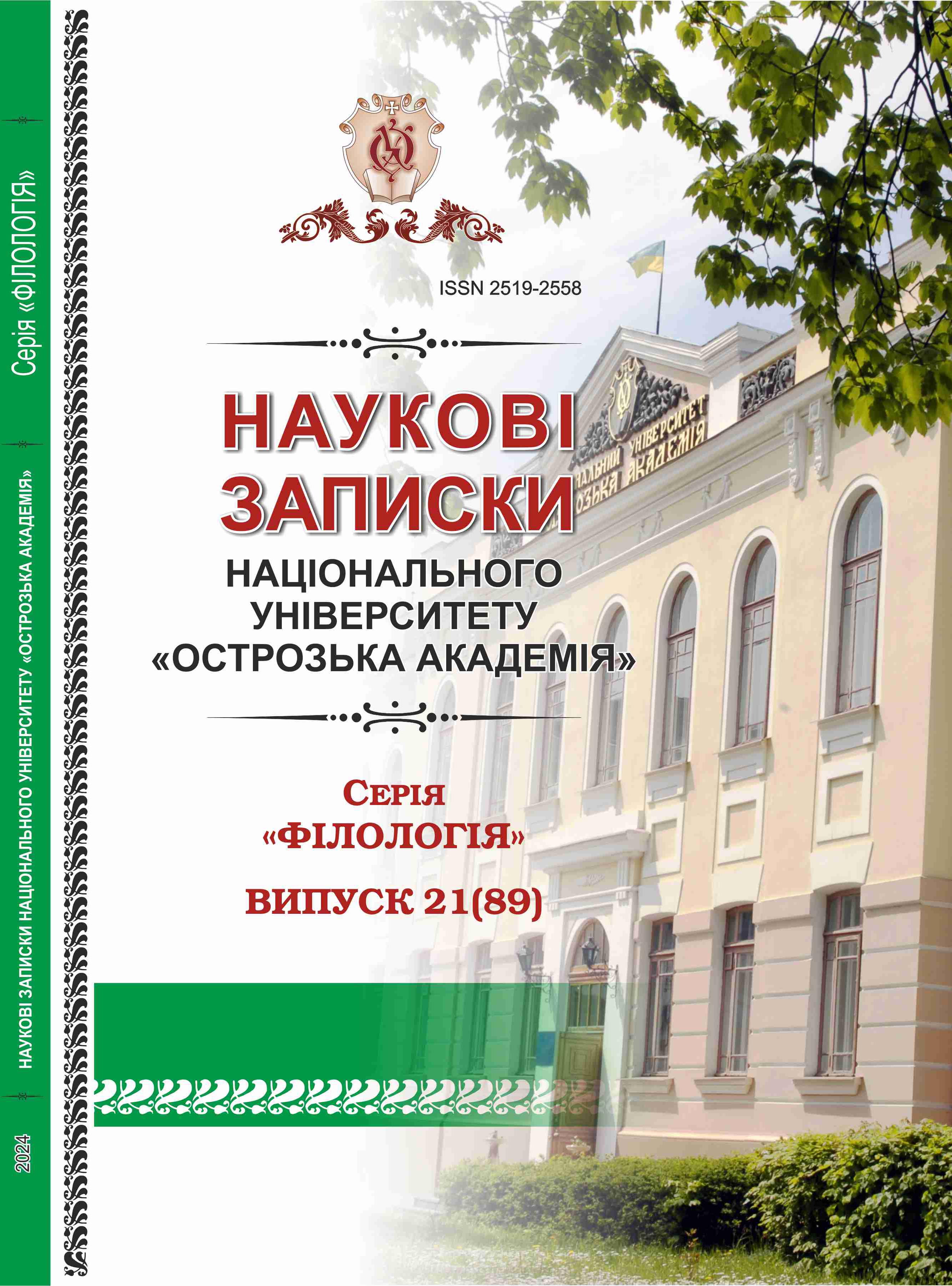ДИНАМІКА МОВНОЇ АДАПТАЦІЇ: ДОСВІД УКРАЇНСЬКИХ ДОШКІЛЬНИКІВ-БІЖЕНЦІВ У ПОЛЬСЬКОМУ ОСВІТНЬОМУ СЕРЕДОВИЩІ
Ключові слова:
білінгвізм, трилінгвізм, сімейна мовна політика, домашня мова, мовна адаптаціяАнотація
У статті розглядається складна динаміка мовної адаптації українських дошкільнят із досвідом біженства, які перебувають в освітньому середовищі Польщі. Звертаючи увагу на опанування польської мови через системне навчання та взаємодію з носіями мови, дослідження підкреслює важливу роль збалансованої сімейної мовної політики та мовного середовища в родинах мігрантів. Важливим моментом аналізу є мовний досвід українських дошкільників, який часто є білінгвальним. У ситуації вимушеної міграції і вивчення польської мови українсько-російські білінгви стають трилінгвами, прискорено адаптуючись до мови країни перебування. У статті підкреслена важливість збалансованого мовного введення для уникнення потенційних проблем, пов’язаних із ранньою дитячої двомовністю та багатомовністю.
У цій статті досліджується, як наявне двомовне володіння українською та російською мовами впливає на опанування третьої мови у польському освітньому середовищі. Досліджуючи когнітивні та лінгвістичні переваги, що дає двомовність, робота проливає світло на те, як українські діти дошкільного віку із досвідом біженства використовують свій мовний репертуар, щоб полегшити засвоєння польської, одночасно зберігаючи рівень володіння рідною мовою (мовами). Крім того, в статті розглядається важливість мовного середовища, що впливає на розвиток і збагачення мов у ранньому віці, тим самим закладаючи основу для подальшого опанування мов протягом життя та навичок міжкультурного спілкування.
Це дослідження проливає світло на багатогранну природу мовної адаптації серед вимушених мігрантів у ранньому віці, пропонуючи наслідки для освітньої політики та практики, спрямованої на підтримку мовного розвитку біженців.

